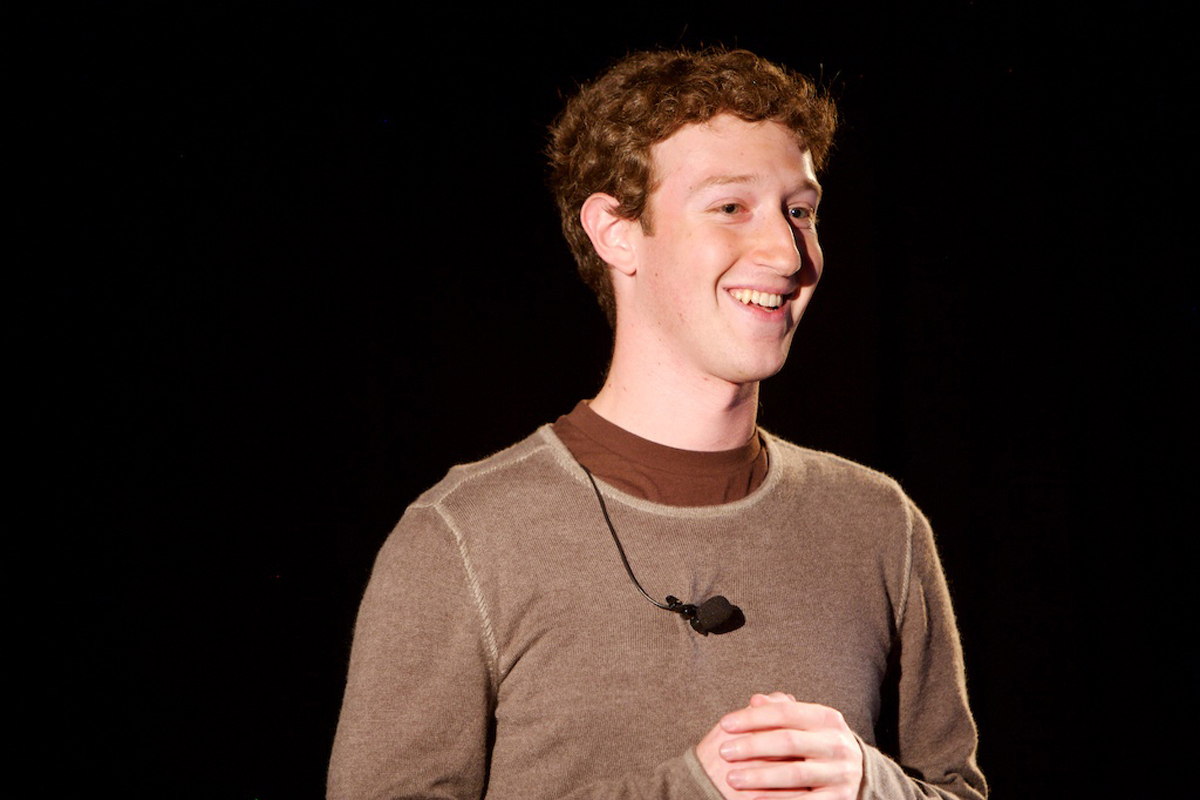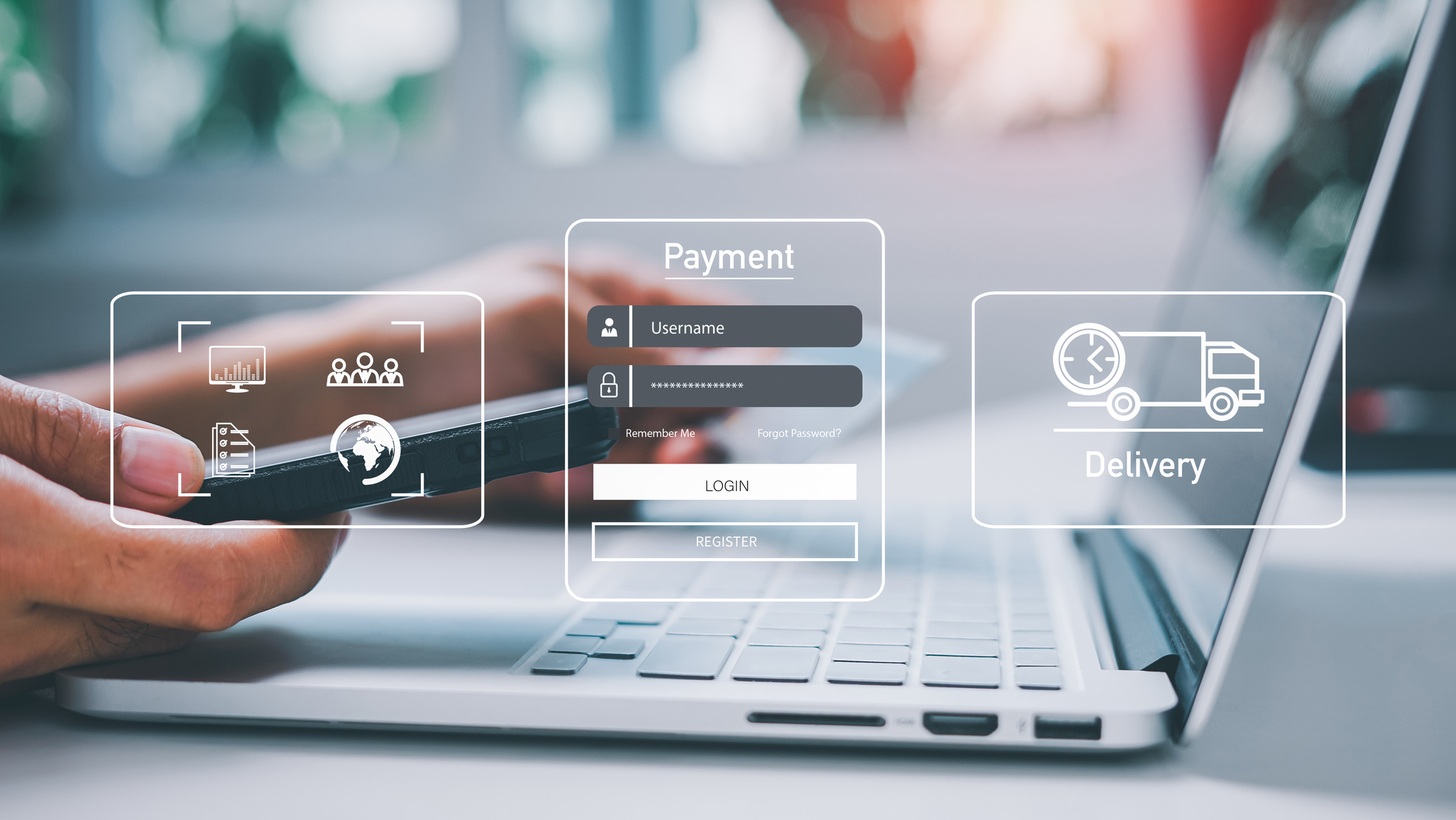Facebook’s Internet.org ‘builds ghetto for poor people’
Digital rights groups accuse Mark Zuckerberg of abusing net neutrality and risking user privacy

Digital rights groups have accused Facebook's Internet.org project of violating net neutrality.
The social network's CEO, Mark Zuckerberg, wants to bring free internet to two-thirds of people across the world, citing benefits like better access to education, health information and jobs.
But an open letter signed by 67 separate organisations claims the project will create a two-tiered internet as well as risk the privacy of its users.
The letter points out that in its current form, Internet.org would only provide users with a handful of free sites and applications, which are approved by Facebook and the ISPs it works with on the scheme.
This approach promotes some web services over others, and drastically reduces the portion of the internet people are able to access, the letter states.
"Facebook is improperly defining net neutrality in public statements and building a walled garden in which the world's poorest people will only be able to access a limited set of insecure websites and services," the letter said.
To access the full internet, users would be required to pay for access a strategy the digital rights groups said "fails to acknowledge the economic reality for millions of people".
Sign up today and you will receive a free copy of our Future Focus 2025 report - the leading guidance on AI, cybersecurity and other IT challenges as per 700+ senior executives
The current implementation of Internet.org also doesn't support HTTPS, the secure communication protocol, but Zuckerberg has stated that it will incorporate this in an update.
However, the digital rights groups remain concerned over user privacy claiming Facebook and its partners will mine users' data.
"It is likely Internet.org collects user data via apps and services," it read. "There is a lack of transparency about how that data are used by Internet.org and its telco partners."
The open letter is a further blow to the scheme after the Electronic Frontier Foundation (EFF) aired similar grievances earlier this week.
The online rights campaign group wrote: "There's a real risk that the few websites that Facebook and its partners select for Internet.org (including, of course, Facebook itself) could end up becoming a ghetto for poor users instead of a stepping stone to the larger internet."
Earlier this month, the social network committed to making Internet.org a platform on which developers could build apps, saying the initial services provided in the project were just the first step.
A Facebook spokeswoman said: "We and our critics share a common vision of helping more people gain access to the broadest possible range of experiences and services on the internet. We are convinced that as more and more people gain access to the internet, they will see the benefits and want to use even more services.
"We believe this so strongly that we have worked with operators to offer basic services to people at no charge, convinced that new users will quickly want to move beyond basic services and pay for more diverse, valuable services."
-
 The modern workplace: Standardizing collaboration for the enterprise IT leader
The modern workplace: Standardizing collaboration for the enterprise IT leaderHow Barco ClickShare Hub is redefining the meeting room
-
 Interim CISA chief uploaded sensitive documents to a public version of ChatGPT
Interim CISA chief uploaded sensitive documents to a public version of ChatGPTNews The incident at CISA raises yet more concerns about the rise of ‘shadow AI’ and data protection risks
-
 AI is “forcing a fundamental shift” in data privacy and governance
AI is “forcing a fundamental shift” in data privacy and governanceNews Organizations are working to define and establish the governance structures they need to manage AI responsibly at scale – and budgets are going up
-
 26% of privacy professionals expect a “material privacy breach” in 2026 as budget cuts and staff shortages stretch teams to the limit
26% of privacy professionals expect a “material privacy breach” in 2026 as budget cuts and staff shortages stretch teams to the limitNews Overworked, underfunded privacy teams are being left hung out to dry by executives
-
 EU lawmakers want to limit the use of ‘algorithmic management’ systems at work
EU lawmakers want to limit the use of ‘algorithmic management’ systems at workNews All workplace decisions should have human oversight and be transparent, fair, and safe, MEPs insist
-
 Data (Use and Access) Act comes into force
Data (Use and Access) Act comes into forcenews Organizations will be required to have an effective data protection complaints procedure and fulfil new requirements for online services that children are likely to use
-
 UK businesses patchy at complying with data privacy rules
UK businesses patchy at complying with data privacy rulesNews Companies need clear and well-defined data privacy strategies
-
 Data privacy professionals are severely underfunded – and it’s only going to get worse
Data privacy professionals are severely underfunded – and it’s only going to get worseNews European data privacy professionals say they're short of cash, short of skilled staff, and stressed
-
 Four years on, how's UK GDPR holding up?
Four years on, how's UK GDPR holding up?News While some SMBs are struggling, most have stepped up to the mark in terms of data governance policies
-
 Multicloud data protection and recovery
Multicloud data protection and recoverywhitepaper Data is the lifeblood of every modern business, but what happens when your data is gone?